The Jito Foundation has unveiled the Block Assembly Marketplace (BAM), a groundbreaking solution designed to enhance how blocks are constructed and transactions sequenced on the Solana blockchain. Built to improve transparency and efficiency, BAM aims to reduce the negative impacts of Maximal Extractable Value (MEV) while creating new monetization opportunities for developers and validators.
According to a press release, BAM introduces a transparent and verifiable transaction sequencing system that operates at the blockspace level, fostering programmable innovation. It leverages Trusted Execution Environments (TEEs)—secure hardware enclaves that simulate and rank transaction bundles without exposing sensitive data. This allows validators to verify outcomes without compromising searchers’ proprietary strategies.
BAM is structured with three core components: BAM Nodes, which privately organize transactions; BAM Validators, which execute those transactions using the updated Jito-Solana software client; and Plugins, which offer developers customizable interfaces to implement tailored transaction logic. These Plugins also support a new revenue-sharing model involving developers, stakers, validators, and node operators.
The platform builds upon Jito's existing infrastructure, including its high-performance validator client and the Jito Block Engine. It will launch on Solana mainnet in the coming weeks, with support from prominent ecosystem players such as Figment, Helius, SOL Strategies, and Triton One.
“BAM opens up an entirely new design space for developers to build applications that weren't possible before,” said Jito Labs CEO Lucas Bruder. “It gives builders more control, creates new ways to generate and share value, and lays the groundwork for a more dynamic, composable blockspace economy on Solana.”
With BAM, Jito is positioning itself at the forefront of Solana’s on-chain innovation, offering a modular, secure, and developer-friendly framework for transaction execution.











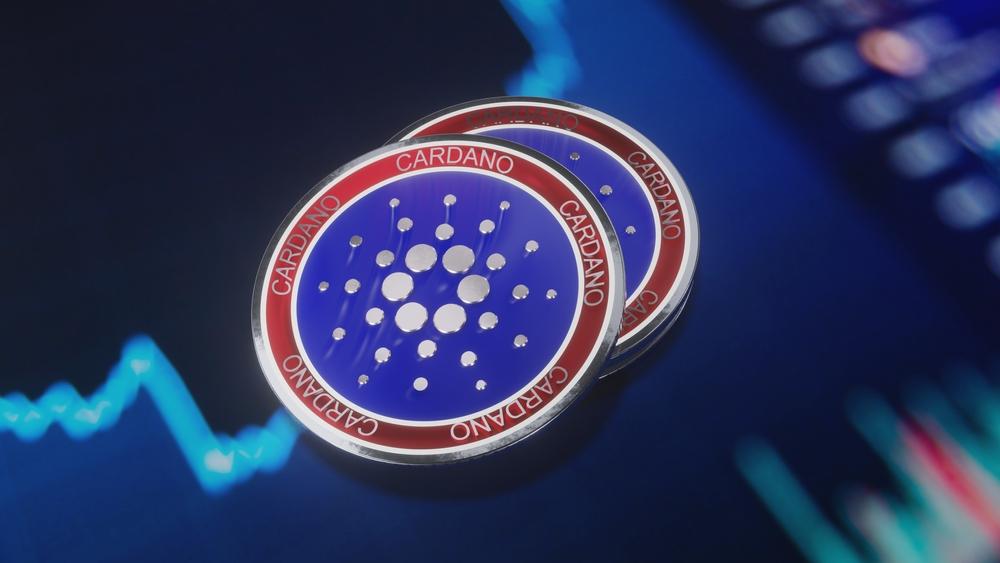





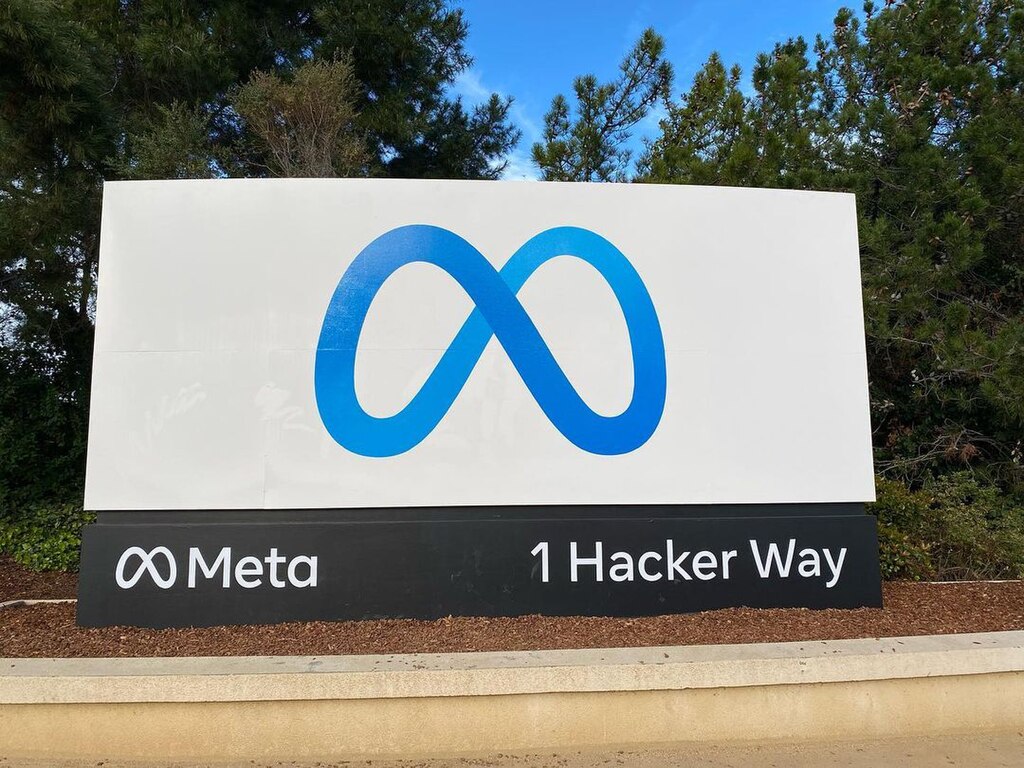


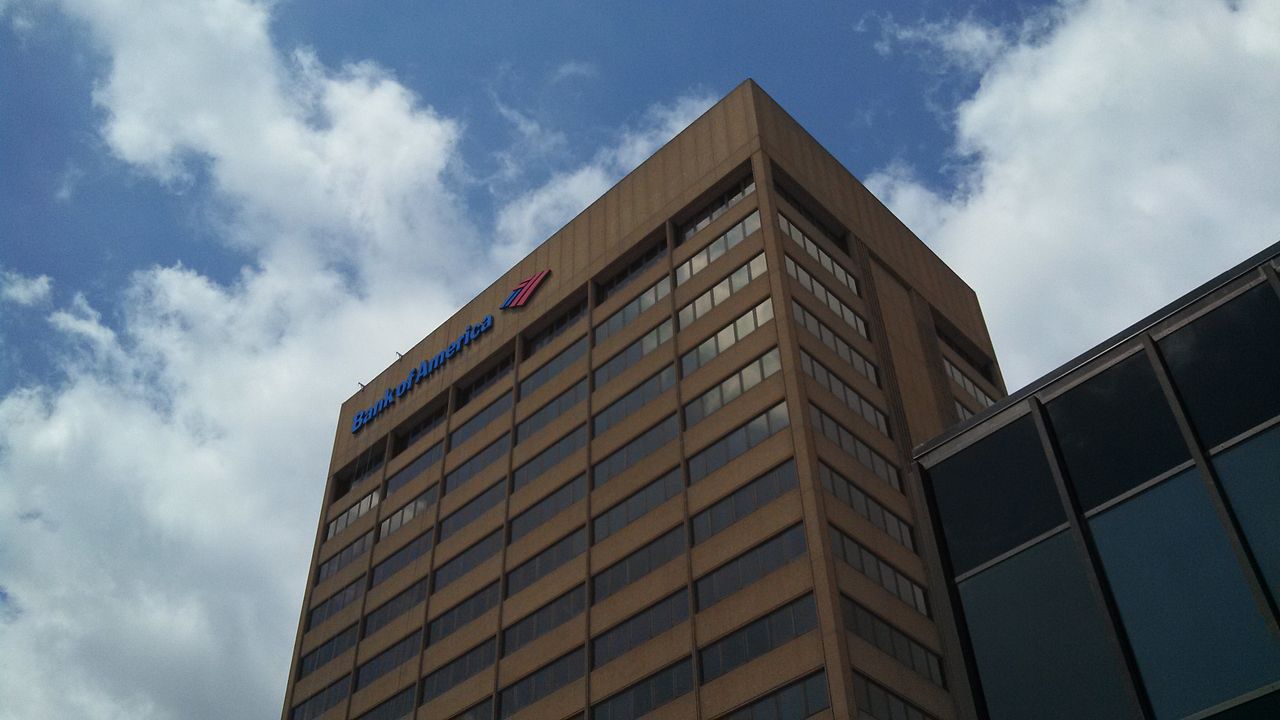




Comment 0